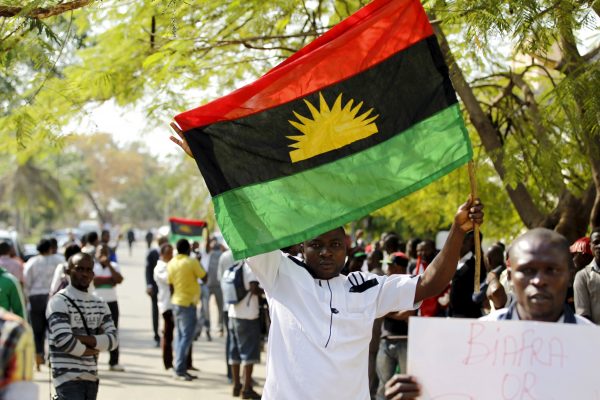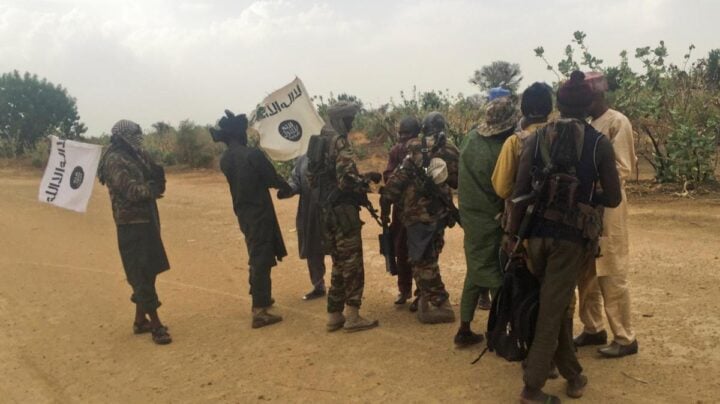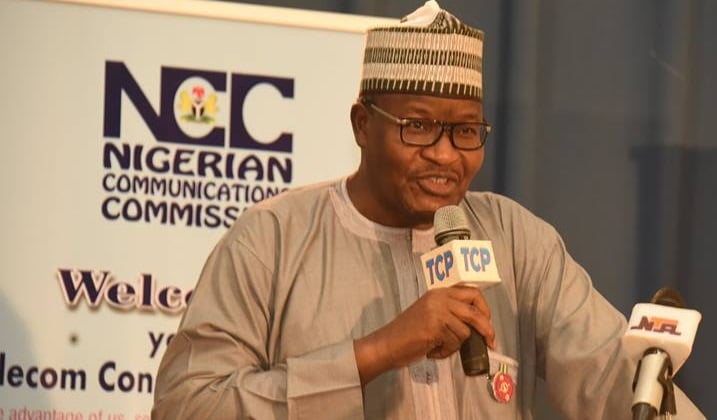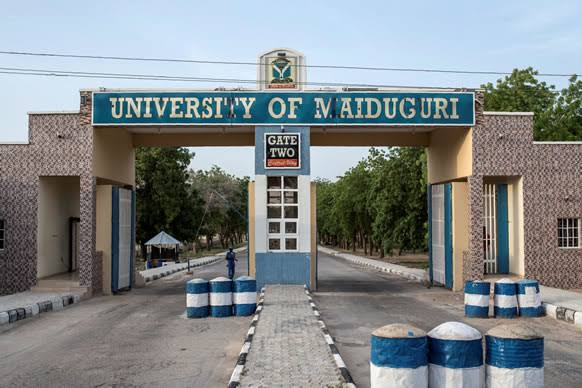On Monday, an American academic, Ivan Sheehan, asked the United States government to designate the Indigenous People of Biafra (IPOB) as a foreign terrorist organisation (FTO). This is coming three years after a Nigerian court named IPOB a terrorist organisation. In those three years, many Nigerians have also called on the federal government of Nigeria to give the terrorist tag to bandits attacking northwest Nigeria, with no success.
This brings us to the ultimate question: What is in a name? “What’s in a name? That which we call a rose by any other word would smell as sweet,” Williams Shakespeare wrote in his classic, Romeo and Juliet. For people not familiar with Shakespeare’s work, this statement on the face may mean that if we call a rose by the name “stone”, the rose will not smell like stone, but will still smell like rose.
But that wasn’t Shakespears take; what the name change meant was losing privileges and pressure attached to the name, and taking on the criticism or burdens that come with the new name.
As it stands today, the Nigerian system recognises two major terrorist organisations: Boko Haram and IPOB. Internationally, the world generally recognises just Boko Haram as the major terrorist organisation in Nigeria. If you travelled to the United Kingdom, for example, and mentioned that you are a member of Boko Haram, you are likely to be arrested on the basis of that name only.
Advertisement
For IPOB, the story is different. They have not been designated as a terrorist organisation globally. This is why many Biafrans living abroad get the freedom to protest in Europe and America without any form of harassment — as long as they do not get violent. Immediately the US decides to follow Sheehan’s advise to designate IPOB as a terrorist organisation, many of the country’s allies would very likely do the same. IPOB will become endangered species abroad.
What’s in a name? That which we call a rose by any other word would smell as sweet. There is indeed something in the name that you call a terrorist, that he can no longer be seen as an ordinary citizen.
When did FG name Boko Haram a terrorist organisation?
An insurgent group in northeast Nigeria went by the name “Jama’atu Ahlis Sunna Lidda’awati Wal-Jihad,” which meant the “People Committed to the Propagation of the Prophet’s Teachings and Jihad.” By 2009, the group’s leader Mohammed Yusuf had an interview with BBC, where he expressed his ideology and criticism for western education.
Advertisement
“Like rain. We believe it is a creation of God rather than an evaporation caused by the sun that condenses and becomes rain,” Yusuf said. Based on this ideology, locals and journalists began to call the group Boko Haram, which loosely means “western education is sin”.
They carried out major attacks in Nigeria killing scores in schools, churches, mosques and the United Nations headquarters in Abuja. But there was no official designation of Boko Haram as a terrorist organisation. After the 2011 attack on UN building in Abuja, BBC called them Islamist group, Reuters said they were an Islamist sect, UN called them Boko Haram elements. Most of the big organisations avoided the terrorist tag. The Nigerian government itself did not designate Boko Haram as a terrorist organisation until two years later!
In June 2012, the US government named Abubakar Shekau, the late Boko Haram leader, as a “Specially Designated Global Terrorist”. This began to put pressure on Nigeria to give Boko Haram the terrorist tag. But Nigeria was reluctant, following many rounds of negotiation.
As early as 2012, the US had sought to name Boko Haram a foreign terrorist organisation, but Nigeria opposed the move, stating that it could contain the problem.
Advertisement
On May 24, 2013, a federal high court in Abuja ruled in favour of the Nigerian government that Boko Haram was a terrorist organisation. In effect, Boko Haram did not become a terrorist organisation in Nigeria until four years after it started carrying out major attacks in the country. The US named Boko Haram a foreign terrorist orgnisation in November 2013.
Why FG may not declare ‘bandits’ a terrorist organisation?
IPOB and Boko Haram took two different routes to the terrorism tag. For Boko Haram, the government was reluctant, they wanted to negotiate, northern elders were against attacks on Boko Haram. In IPOB’s case, the government was enthusiastic, and did it before many Nigerians ever saw the group as a long-term threat.
For bandits, Nigerians have been calling the government to proscribe the bandits. The government has not shown that it has given the calls any thought. Perhaps, like Shakespeare’s lines, they think “what’s in a name?”
Here is what history teaches: In 2013 and 2017, it was the attorney general of the federation (AGF) who approached a competent court to request that the organisation responsible for perceived terror be proscribed. In the case against Boko Haram, the AGF sued Jamā’at Ahl as-Sunnah lid-Da’wah wa’l-Jihād. For IPOB, the AGF sued the Nnamdi Kanu-led group. For bandits, who would you recommend the government sue?
Advertisement
The media is responsible for the “bandit” tag we gave these gruesome attackers. For the government to proscribe them and name them terrorists, they need to stop being a faceless bunch. They need to pledge allegiance to a group or a leader. Which they may be wise enough not to do. So the government needs a new strategy.
However, bandit or terrorist, this conversation will be needless if the state could provide security and end the brutish reign of these killers and kidnappers. Security first, nomenclature later. There is indeed something in a name. But no name is needed to bring these killers to justice.
Advertisement
You can reach ‘Mayowa on Twitter @OluwamayowaTJ
Advertisement
1 comments







Totally agree. Bandits of different shades and motives. Bandits are faceless and until they have an identity , it’s like trying to clutch the air putting a tag to a non existent or faceless entity.
Think for a second, can you open a bank account for an entity that has no identity?
All government need to do is devise a strategy that will rein in all individuals running around lawlessly with guns dispossessing fellow citizens of their goods and kidnapping the, for money. It’s like armed robbers and kidnappers have merged to ply their trade . They are criminals and should be eliminated and when caught, brought to justice. Deny them access to weapons and space to operate and for repentant ones, go through a process of reform and reintegration after serving out their time.